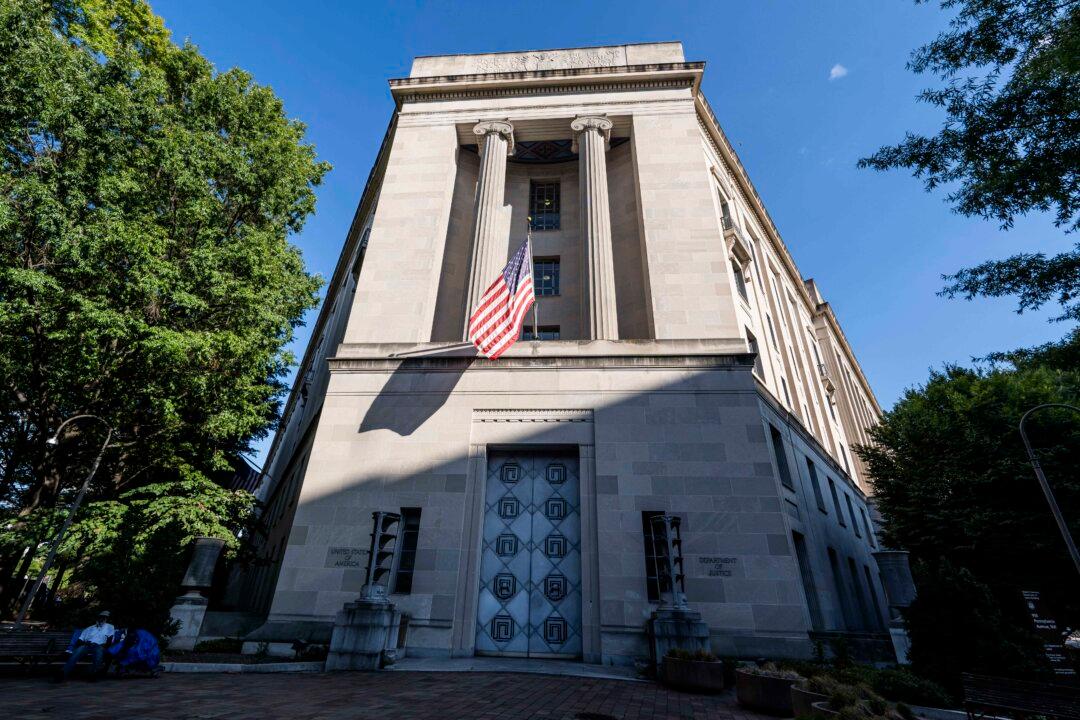The case was thrown out in April due to a lack of standing. But defendants, including Pennsylvania Gov. Tom Wolf, filed motions for sanctions, arguing that the attorneys for the plaintiffs should have meaningfully investigated the allegations their clients put forth.
U.S. Magistrate Judge N. Reid Neureiter, an appointee of other judges, agreed.
The judge took issue with how the suit was filed in Colorado federal court but named officials from other states, including Pennsylvania and Michigan, asserting that even first-year law students would know that district courts can’t exercise jurisdictions over out-of-state defendants in most cases.
Gary Fielder and Ernest Walker, the plaintiffs’ lawyers, eventually dismissed the out-of-state defendants.
“When asked why it took motions to dismiss before Plaintiffs’ counsel researched the question of personal jurisdiction, and why the research had not been conducted prior to the filing of the lawsuit, Mr. Fielder had no rational answer,” Neureiter said.
“Filing a lawsuit against an out-of-state defendant with no plausible good faith justification for the assertion of personal jurisdiction or venue is sanctionable conduct.”
Fielder and Walker didn’t respond to requests for comment by press time.
The ruling came several weeks after the judge held a hearing on the motions for sanctions, filed by Wolf, Michigan Gov. Gretchen Whitmer, Michigan Secretary of State Jocelyn Benson, Facebook, the Center for Tech and Civil Life, Dominion, and former Pennsylvania Secretary of State Kathy Boockvar.
“Defendants, Ms. Whitmer and Ms. Benson, admitted to service, and submitted to the jurisdiction of this Court for purposes of filing their respective motions to dismiss and objections to the Plaintiffs’ motion to amend the complaint. Both could have waived any objection to personal jurisdiction, but instead objected and only entered in their official capacity, through the Office of the Michigan Attorney General. Because of that, counsel for the Plaintiffs could not establish with certainty that these Defendants were subject to Colorado’s long-arm statute,” he wrote.
“Now, instead of litigating the allegations, these Defendants simply declare that the 2020 Presidential election was fairly conducted in Michigan. Thus, these Defendants have chosen to avoid examination and scrutiny of the so-called ’most secure election in history' at all costs. Integrity-minded voters want the truth. However, these Defendants just want everyone to be quiet and to sanction any attorney that dares to defend the rights of those damaged.”
In his order, Neureiter noted that the lawyers said the lawsuit wasn’t an attempt to challenge the presidential election results, but alleged that the effect of the allegations and relief sought would have sown doubt over the legitimacy of President Joe Biden’s presidency and the voting systems in numerous states.
“In short, this was no slip-and-fall at the local grocery store. Albeit disorganized and fantastical, the Complaint’s allegations are extraordinarily serious and, if accepted as true by large numbers of people, are the stuff of which violent insurrections are made,” he said.
The attorneys were told to pay the defendants reasonable fees for preparing and arguing the motions to dismiss. The defendants were directed to submit detailed billing records for each lawyer as part of a process in figuring out the amount the plaintiff’s attorneys would need to pay.





